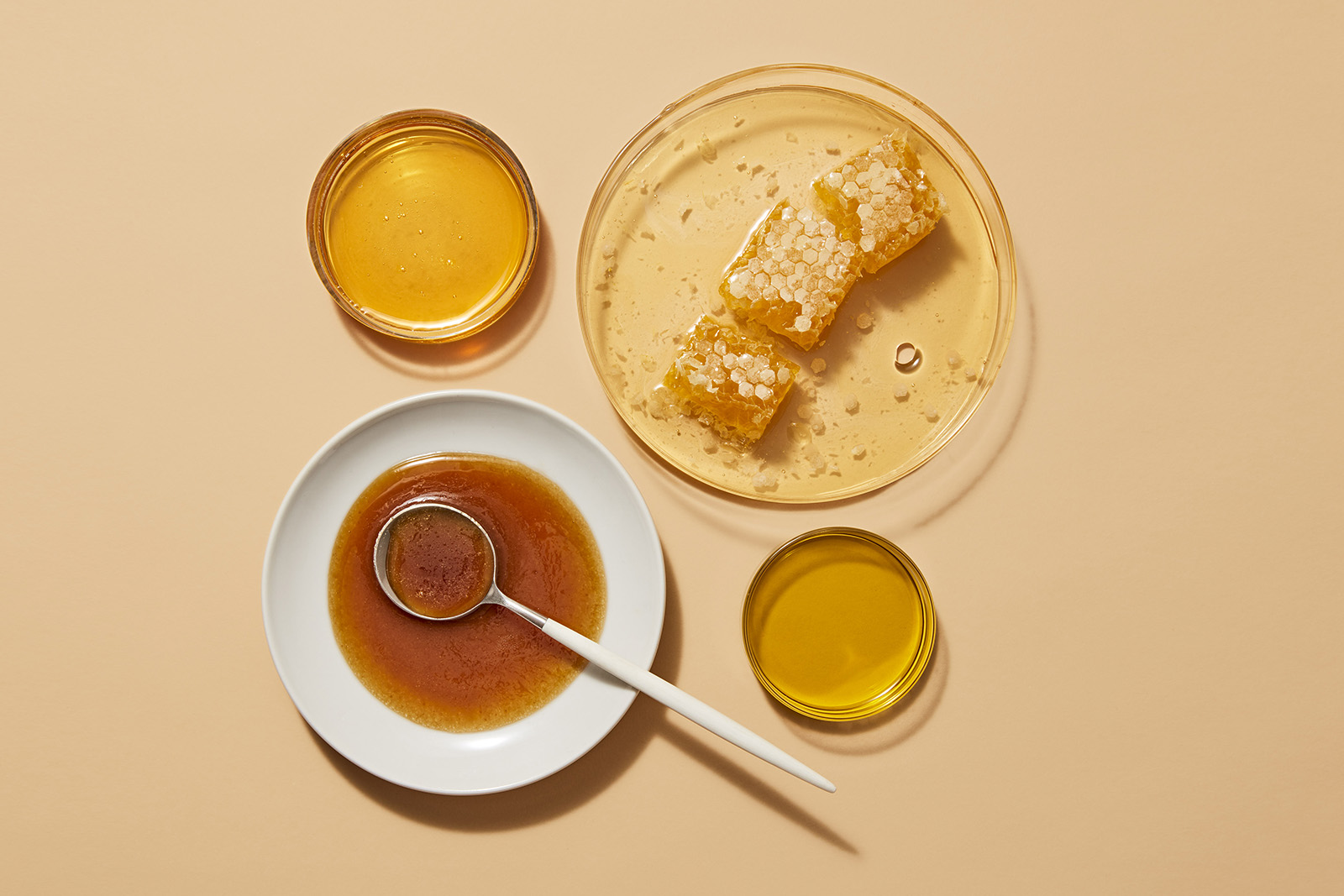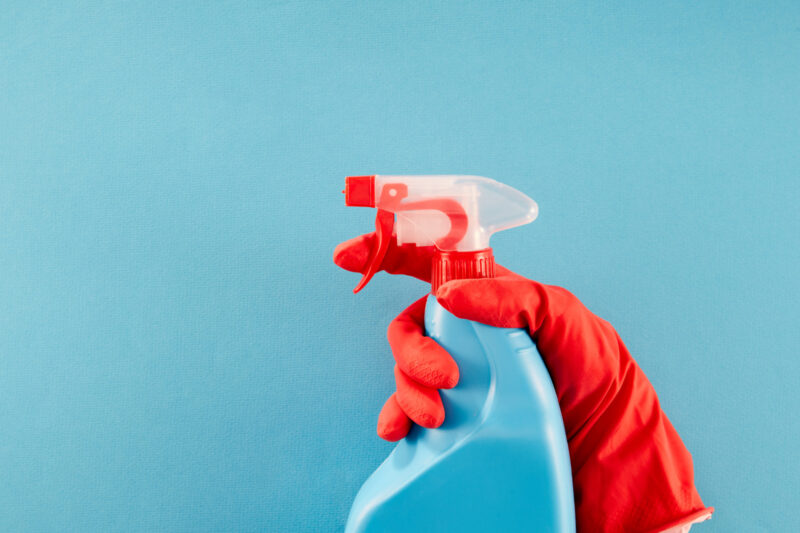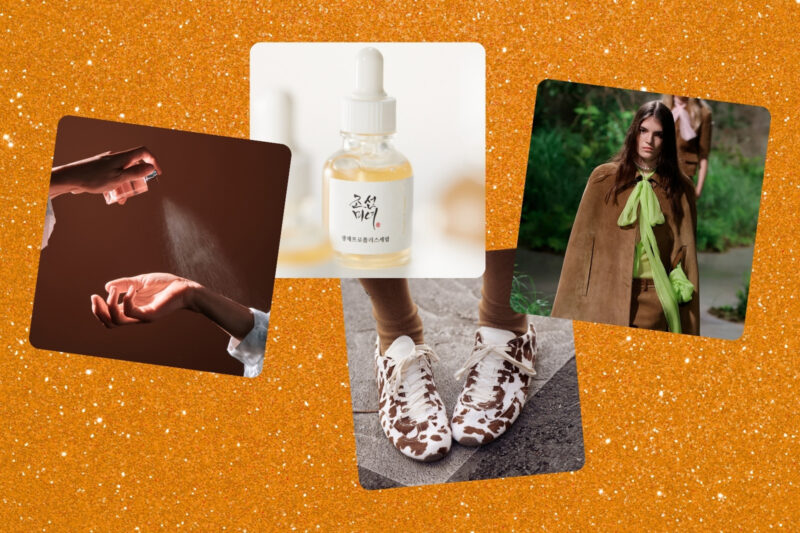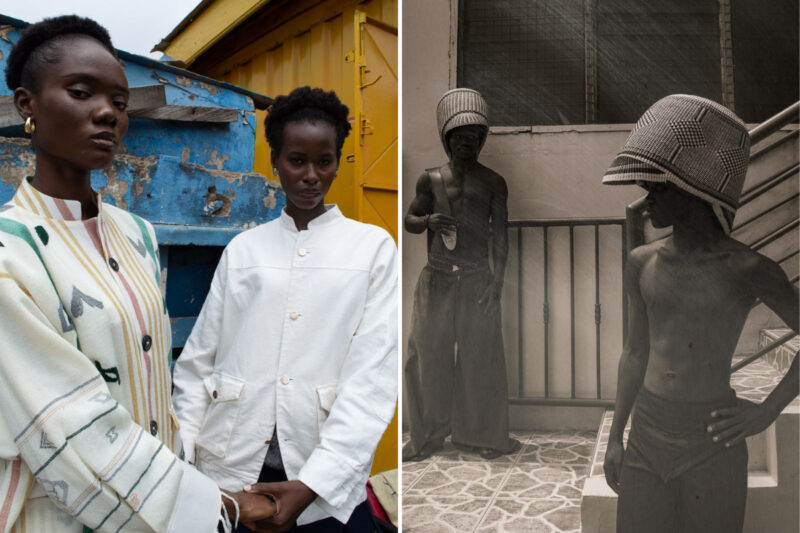From turmeric face masks to mustard seed haircare: the ancestral tips passed down through generations of women
Homemade beauty hacks provide us with a sense of connection to family or homelands

While video calling my sister last week, I commented that her hair looked really good. “Thanks,” she said. “I made my own hair mask: avocado, honey, olive oil and some coconut oil.” My mum had also made a similar all-natural hair mask at home that week, with yoghurt, egg, rice water and olive oil. She told me she’d found this specific recipe on Instagram, but I recognised the ingredients as ones she’d recommended I use for hair health growing up — a time before social media.
Natural beauty hacks and DIY treatments using ingredients you can find in your kitchen seem to be all the rage, with Instagram and TikTok full of impossibly shiny-haired, poreless girls making gloop in their bathrooms and dunking their faces in ice baths in the morning to reduce inflammation.
It feels that more and more people are now choosing to swap parts of their beauty routines for homemade alternatives. Perhaps it’s because the cost of living continues to rise, leaving less disposable income for luxuries, or because we’ve become increasingly paranoid about potentially “toxic” ingredients in our favourite beauty products, like parabens and fragrance — fuelled in no small part by fear-mongering wellness influencers who, in the same breath, usually offer an affiliated discount code for an alternative product.
Many of these social media hacks are ancestral tips and tricks passed down through generations of women: grandmothers, aunts and mothers sharing family beauty secrets from a time before lab-made cosmetics. The hereditary nature of these hacks means that they can feel more meaningful than a 12-step routine copied from an influencer barely into their 20s and can also provide younger generations with a sense of connection to family or homelands they may not be able to visit. When I asked my Instagram followers for their inherited recipes, hair masks and face masks were among the most popular, with ingredients varying across cultures based on what is native to the area.
Ruqaiya, a content creator of Pakistani descent, swears by turmeric and yoghurt face masks, sometimes with the addition of honey for its antibacterial purposes. “It’s a very traditional South Asian beauty ritual passed down from women of the older generations,” she told me. “I enjoyed making it and putting it on when I was younger: there’s something quite calming and satisfying about making your own natural beauty products and it feels soothing on the skin.” Ruqaiya now prefers to buy ready-made masks as turmeric can sometimes stain the skin yellow, but she looks for products that incorporate these natural ingredients.
Saman, also of Pakistani origin, grew up with a tradition of weekly mustard seed oil scalp massages performed by the women in her family, a practice she still uses in her beauty routine today and credits (at least partially) for her thick head of hair. A Moldovan friend also mentions mustard seed, ground to a powder and mixed with egg yolk and borage oil and left on the scalp “until it starts to burn” as the secret to thick hair, as well as a powerfully Slavic homemade garlic-and-vodka tincture used as a rub to stimulate hair growth.
Amaal, a Danish-Somali photographer, remembers her mum regularly making homemade hair masks incorporating yoghurt, honey, egg, mayonnaise and aloe vera. She also recalls face masks made from qasil, a green powder from the ground leaf of the gob tree that can be mixed with water to exfoliate and brighten the skin. It’s an ancient Somali beauty secret, but Amaal notes that she has recently noticed qasil powder used by more mainstream brands as part of their skincare offerings.
In fact, many brands have wised up to the beauty benefits in the ingredients used by our grandmothers, and have begun incorporating them into their products. OGX’s Apple Cider Vinegar clarifying shampoo is a “DIY-inspired blend” designed to give a deeper cleanse and add shine. Rosewater — a staple in my house and used by my mum as a natural alternative to toner — can be found in hundreds of products, from Mario Badescu’s facial spray with aloe, herbs and rosewater to Chantecaille’s luxury 100% Pure Rosewater bottle that retails at £72 for 100ml. Heritage skincare brand Kiehl’s sells a turmeric and cranberry seed radiance mask, and avocado eye cream. The list goes on.
Some Muslim skincare enthusiasts and bloggers have even created their own brands incorporating natural ingredients recommended in Islamic hadith. One such brand is Skay Skincare, founded by Soohair Kabbout, whose 100% natural and halal offerings include a skin-hydrating serum and primer featuring fig, pomegranate and honey, natural remedies that are part of Islamic traditions and history. Shiffa Beauty, brainchild of Dr Lamees Hamdan, was inspired by the Arabic word for healing, and combines “potent organic ingredients” such as white tea and tamanu oil “with advanced skin care science”.
Islam has a rich tradition of natural remedies and beauty secrets: honey is recommended for its healing properties and is listed as one of the foods of paradise; rosewater is used in cleansing rituals and religious ceremonies; and black seed oil was described by the Prophet (SAW) as “the cure for every pain except death”. The Qur’an also mentions dates, figs, olives and pomegranates as exalted foods and sources of natural healing.
But not all natural hacks are created equal, and some can cause more harm than good. One friend responded to my Instagram survey with a tanning trick she had picked up as a teenager in Iran: mixing Coca-Cola and olive oil for a deeper bronze hue. While you might argue that Coca-Cola isn’t particularly natural, it is a common kitchen ingredient and, although I can’t personally recommend glazing yourself in this mixture and roasting like a prized pig, I can recommend a different Iranian beauty hack I was taught growing up to remedy it: yoghurt for the sunburn you will definitely have after attempting this.
 Newsletter
Newsletter













